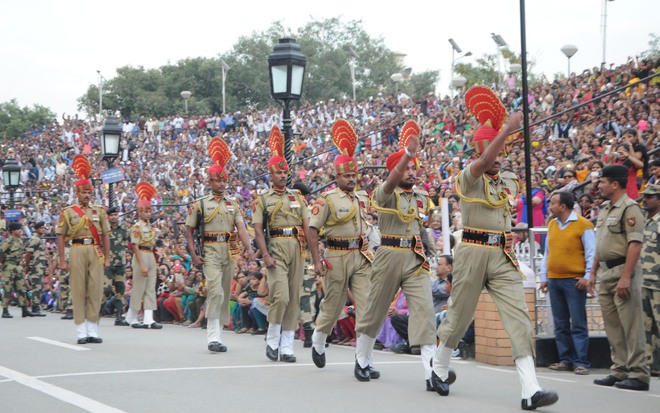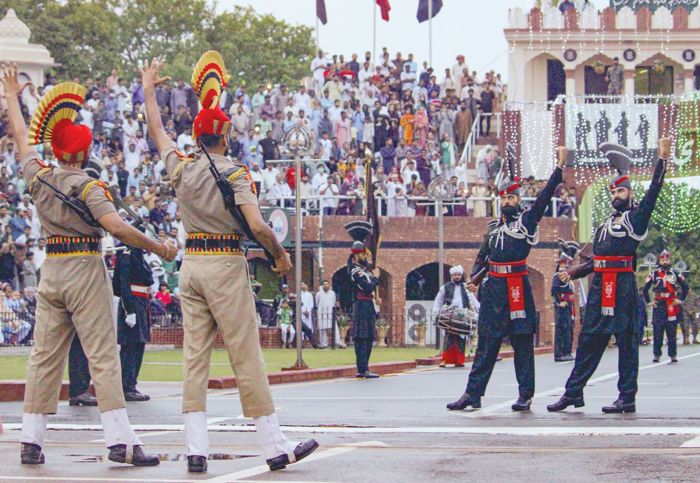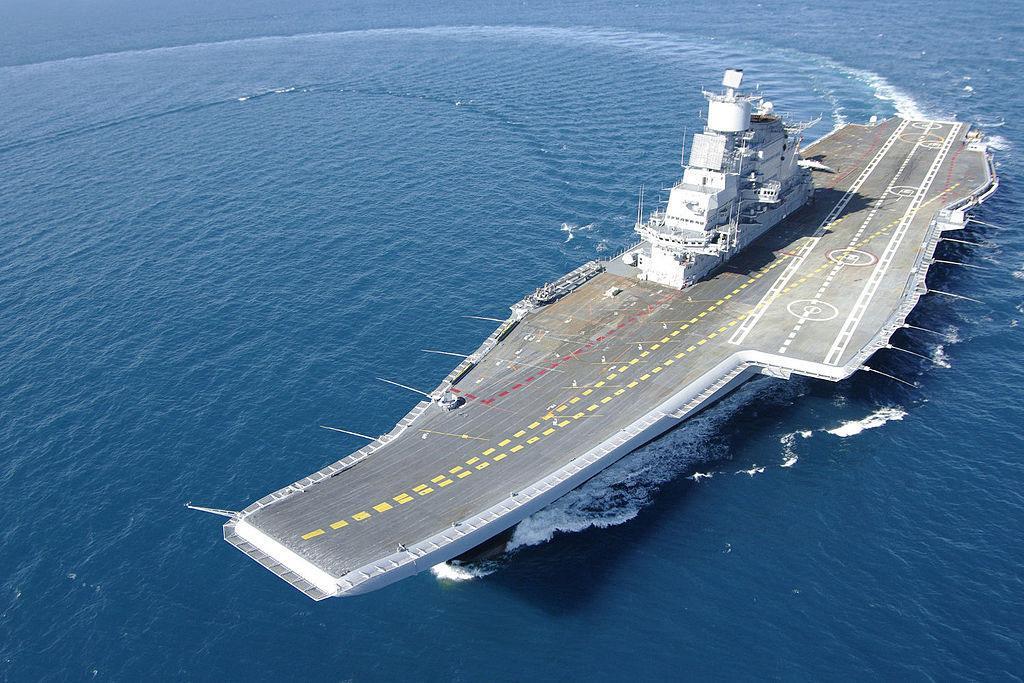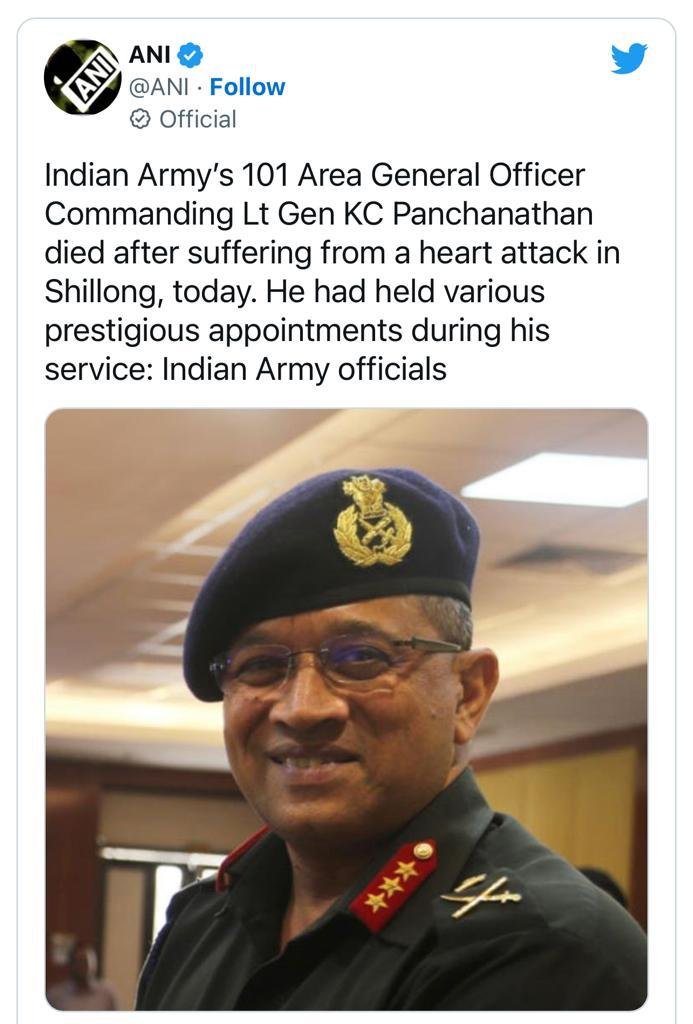
General Munir said that defence of the motherland will be ensured at all costs and there won’t be any space for spoilers of peace
Pakistan’s recently appointed Chief of Army Staff, General Asim Munir, said on Tuesday that no one would be allowed to disrupt the hard-earned gains of the war against terrorism. According to Inter-Services Public Relations (ISPR), the media wing of the military, Gen. Munir made these remarks during his visit to Tirah Valley in the Khyber district on the western border with Afghanistan.
General Munir said that defence of the motherland will be ensured at all costs and there won’t be any space for spoilers of peace. “No one will be allowed to disrupt the hard-earned gains of war against terror made thus far,” he was quoted as saying. While interacting with officers and men, General Munir praised them for their high morale and operational readiness in the line of duty. The COAS said that the state’s writ has been established due to innumerable sacrifices by tribal people and security forces. “Our fight against terrorism will continue with the support of the nation till we achieve enduring peace and stability,” he said.
His remarks come days after the banned Tehreek-e-Taliban Pakistan (TTP) last week called off an indefinite ceasefire agreed with the government in June and ordered its militants to carry out attacks across the country. The TTP, also known as the Pakistan Taliban, was set up as an umbrella group of several militant outfits in 2007. Its main aim is to impose its strict brand of Islam across Pakistan. The TTP announced a ceasefire with the government in June but the attacks on the security forces never stopped. The group never claimed responsibility and instead blamed splinter groups for those attacks.
The group, which is believed to be close to al-Qaeda, has been blamed for several deadly attacks across Pakistan, including an attack on army headquarters in 2009, assaults on military bases and the 2008 bombing of the Marriott Hotel in Islamabad. The army chief spent a day with forward troops deployed along the Pakistan-Afghanistan border where he was briefed by the field commander about operational preparedness and border control measures in place as part of Western Borders Management Regime.
Later, the army chief visited Corps Headquarters Peshawar.
He was also briefed about operational, training and other matters of the formation including efforts to create a secure environment for socio-economic development projects to uplift the newly-merged districts of Khyber-Pakhtunkhwa. It was General Munir’s first visit to the western border since taking command of the army last month.











































































